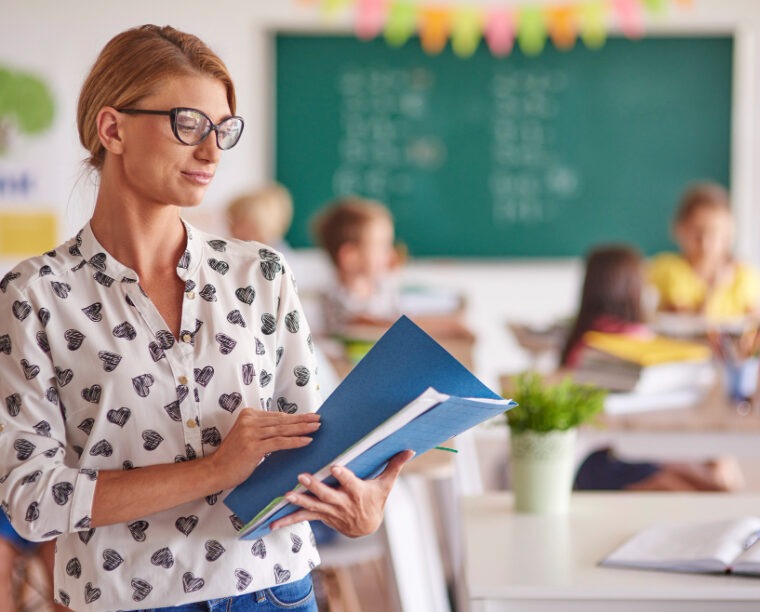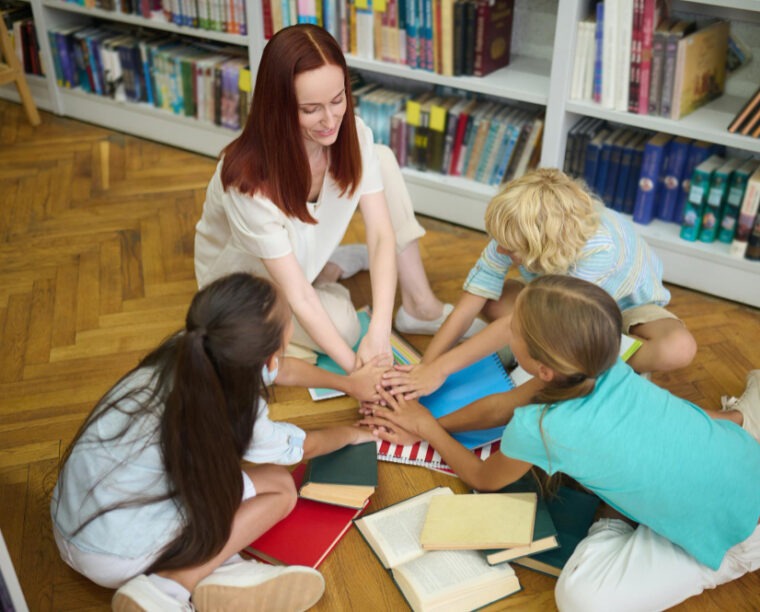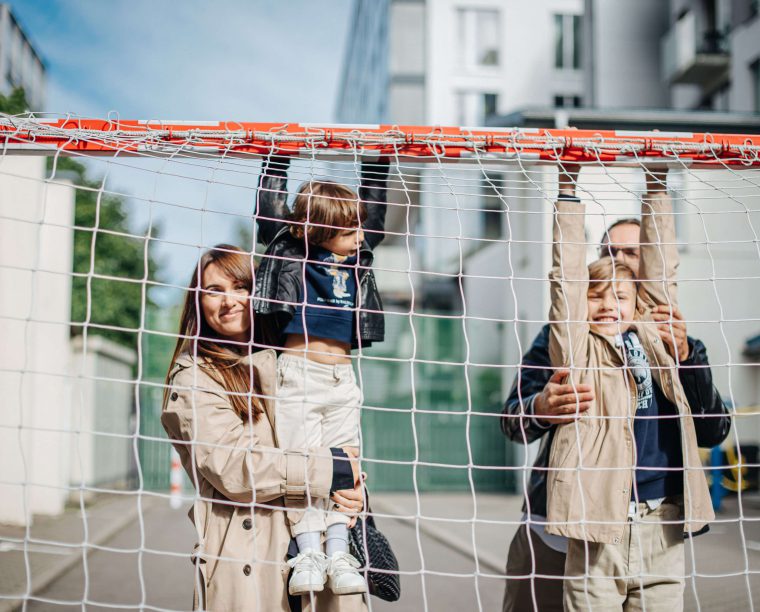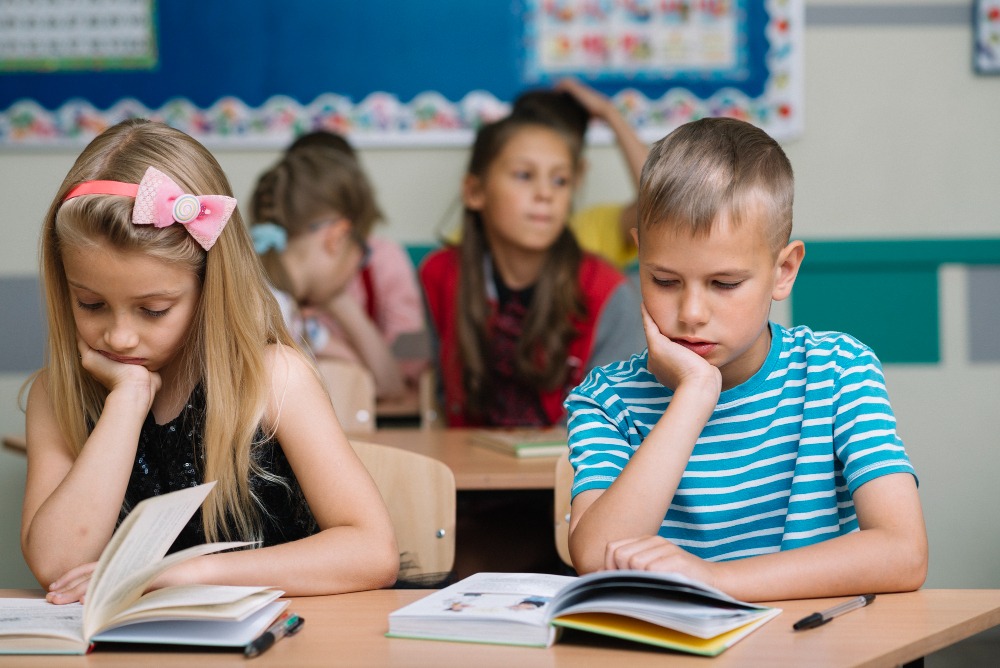
The year before first grade is not just the final year of kindergarten; it is a time when a child takes an important step, transitioning from spontaneous play to more structured, purposeful learning. Pre-primary class serves as a bridge between two worlds, combining the freedom of kindergarten games with the structure of school life.
But what does it mean to be ready for school? What should a pre-primary child actually know? Many parents ask these questions, and understanding learning in a pre-primary class can help clarify which skills are most important at this stage of development.
Pre-primary class – beyond letters and numbers
When considering the skills pre-primary school children should have, it is important to remember that every child develops at their own pace. At this sensitive stage, some children can already read short words, while others are just beginning to learn the alphabet. Some can focus on an activity for longer periods, while others continue to explore the world through movement, play, or interaction—and that is completely natural.
The pre-primary school programme in Lithuania outlines general competencies that encompass not only academic abilities but also emotional, social, linguistic, and physical development. Preparing for first grade is therefore much more than simply being able to count to ten or write one’s name.
What competencies should pre-primary school children develop?
The main goal of pre-primary education is to help children acquire essential skills that will enable them to integrate smoothly into the school environment. These include:
Speaking and listening skills – children are able to express their thoughts, listen attentively to teachers and classmates, and respond to questions logically.
Basic cognitive skills – children show curiosity about their surroundings, count, sort, compare, and enjoy solving simple logical problems through play.
Social maturity – children are willing to learn to work in a group, negotiate, resolve conflicts, keep agreements, and recognise both their own and others’ emotions.
Physical readiness – children can move in a coordinated manner and use fine motor skills effectively (for example, holding a pencil correctly).
Independence skills – children can dress themselves, tidy up after activities, take care of personal hygiene, and no longer require constant adult assistance.
The daily tasks that children in pre-primary class perform in a playful yet purposeful way gradually develop these essential skills, laying a solid foundation for a successful start at school.
Learning through play, experience, and discovery
It is important to understand that pre-primary class is not simply a scaled-down version of school. It is a unique space where play remains the primary mode of learning, and children are free to explore, experiment, make mistakes, and try again. Pre-primary education activities, when used, should not become a mechanical completion of tasks; they should allow room for creativity, the development of logical thinking, and the strengthening of social skills. Children engage in more than colouring – they also take part in storytelling, solve puzzles, and reflect on their experiences. Activities within the pre-primary group or outdoors can be just as meaningful as tasks in a workbook – the key is that they encourage children to think and engage actively.
How is the progress of a child in pre-primary school assessed?
Parents often ask: “Is my child ready to start school, and how can I help them?” A child’s readiness is shown not through tests, but through their behaviour and abilities in everyday situations. In Lithuania, the progress of pre-primary school children is assessed through continuous observation. What matters is not how a child compares to others, but how much they have improved individually – their previous and current achievements are evaluated.
This approach helps monitor growth and progress over time. Is the child more engaged in activities than a month ago? Do they feel more confident when speaking? Are they beginning to understand the importance of cooperation? These are the key questions that guide assessment in pre-primary education
The role of parents is to be there
The most important thing is not to rush. If your child cannot read yet, that is perfectly normal. Pre-primary school time is not a checklist of academic expectations; it is an opportunity for children to grow and develop so that they feel safe and confident in first grade. Parents’ role is not to pressure, but to support, helping their child build a positive attitude to learning. It is important to show that learning is the joy of discovery, not a punishment.
You can support your child in very simple ways – through play, reading, creative activities, conversation, or spending time together in nature. The more life experiences a child has before starting school, the stronger the foundation they bring with them.
Preparing for school is not only about what a child knows, but also about what they can do, are capable of, and dare to try. That is why pre-primary activities are not exams, but opportunities to learn to be with others, explore themselves, discover the world, and grow. Today, both the pre-primary education programme and the work of educators are based on an innovative, individualised approach, where the child’s well-being takes priority over speed. This is the path that the entire educational community follows together.
 School Saulės Gojus
School Saulės Gojus 